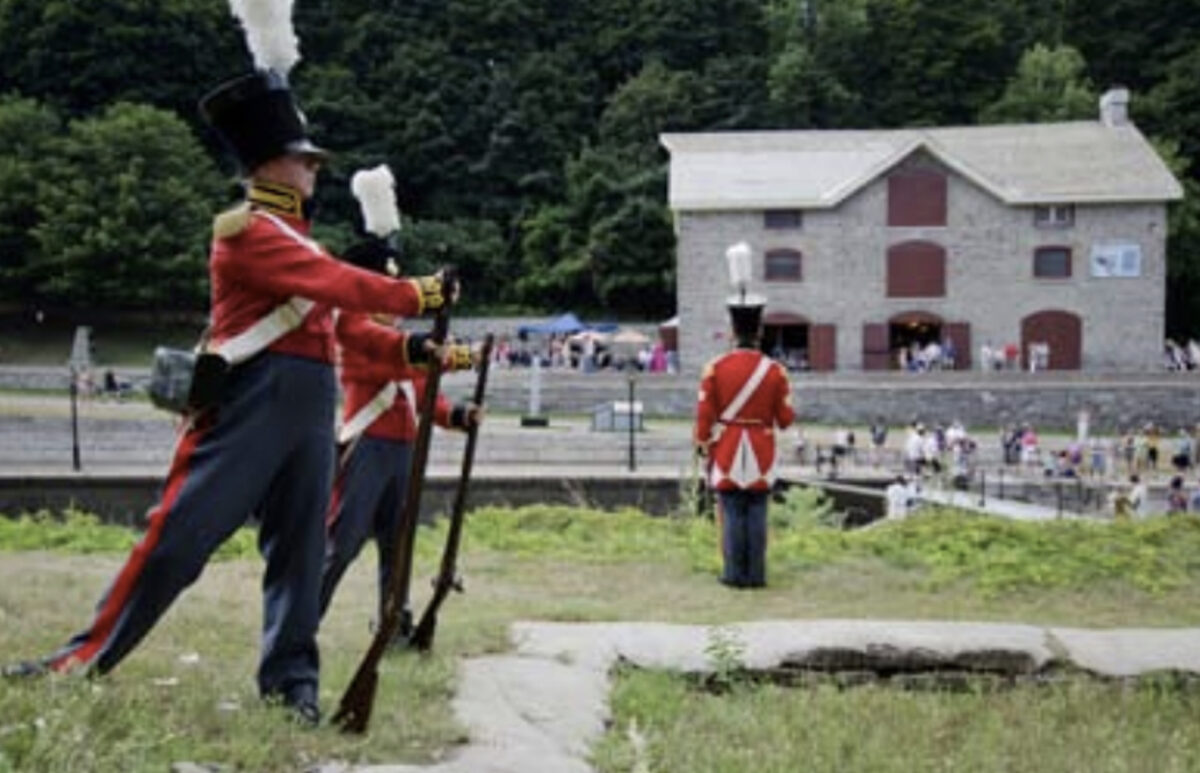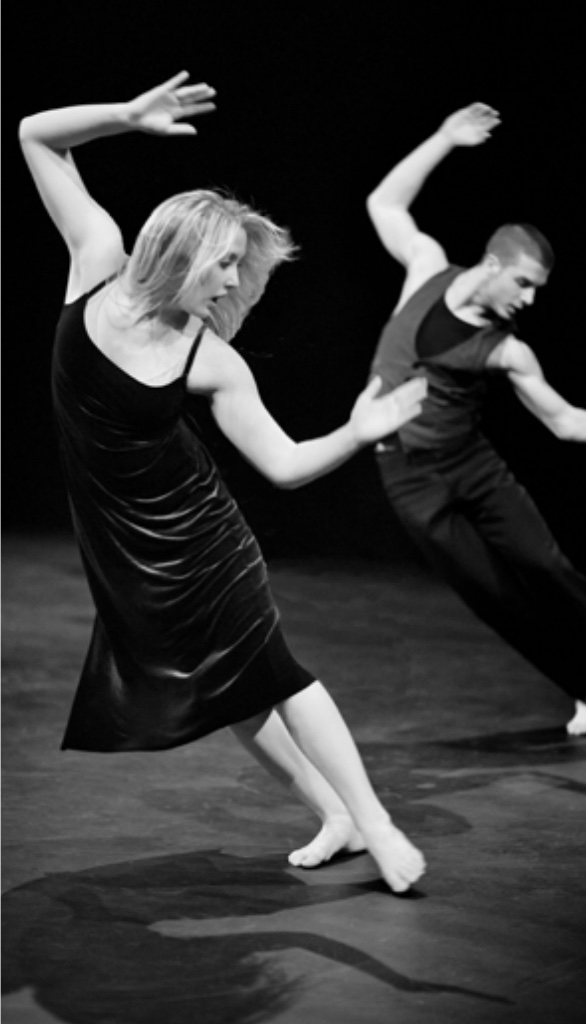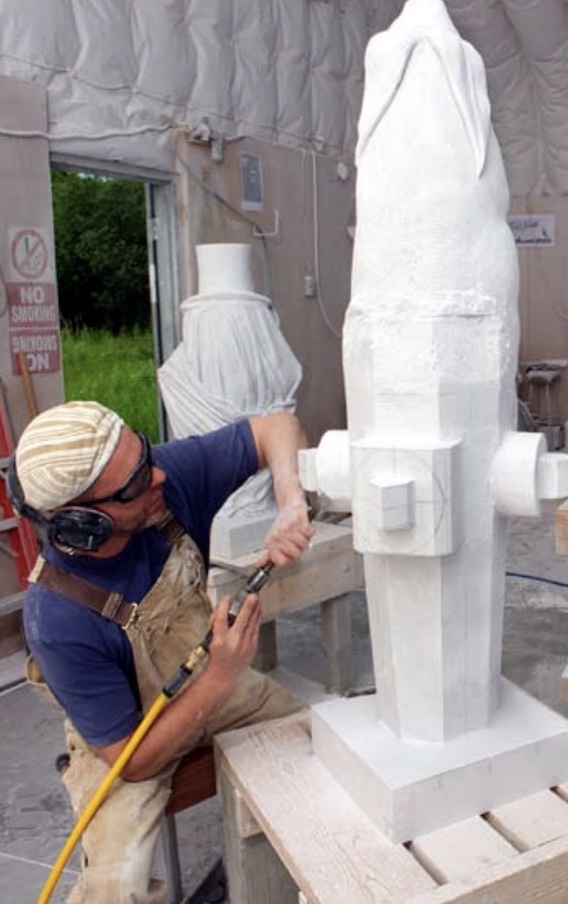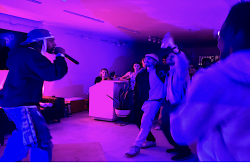The City of Ottawa has begun a major public consultation aimed at creating a new five-year plan for the development of the capital’s cultural life.
“This is the first city-wide cultural planning exercise since 2012 and aims to help the city better serve the evolving needs of Ottawa’s culturally diverse populations,” according to the official announcement in late March.

Everything from the future of galleries and museums to performance venues, heritage attractions and music festivals will be up for discussion. The city is also inviting people to think about culture in new ways, with one of the key goals being to “update the municipal definition of culture to reflect how residents understand, use and live the word” to better inform funding and programming.
One of the tangible results of the process will be a “comprehensive public access inventory of Ottawa’s cultural resources, including spaces and places, artists and groups.”
The city’s last cultural review resulted in a report in 2013 called the “Renewed Action Plan for Arts, Heritage, and Culture (2013-2018)” which described culture as “one of the four pillars of community sustainability, alongside the environment, the economy and the social sphere.”
That plan showed that “creative industries in Ontario generate $12.2 billion in GDP for Ontario’s economy annually,” with Ottawa contributing significantly to that total.

“Ottawa is a vibrant, cultural capital with a unique identity and a colourfulhistory — a dynamic place in which to live, work and play,” the 2013-18 plan said.
It added that “Ottawa’s cultural assets include a UNESCO World Heritage Site (Rideau Canal); major, national cultural attractions; a local arts and heritage scene that reflects the vitality of Ottawa’s communities in two official languages; exceptional home-grown festivals, fairs and events; international award-winning artists in all disciplines; diverse cultural neighbourhoods; historic rural communities and landscapes; interesting street culture; and a thriving culinary scene.

“The role and place of culture within the creative economy and the liveable city have been well researched and described by leading thinkers, economists and historians. Ottawa is ripe with enormous cultural potential and opportunities, if the right partnered steps can be taken.”
The Ottawa 20/20 Arts and Heritage Plan, a 20-year implemented in 2003, discussed many of the same topics. Some of the activities examined in that blueprint were performing and visual arts as well as literary and media production.
The new culture plan will review similar events and spaces, such as fairs, museums, festivals, heritage sites, music venues, and many other aspects of Ottawa cultural ecosystem.
The city is offering groups an opportunity to “Host Your Own Culture Plan Community Conversation.” It says such planning is important because the process can bring people together to build a more culturally attractive capital.
The planning process is being led by the city’s Recreation, Cultural and Facility Services Department. Research leading up to the current consultation phase began in June 2024.
City officials says they are open to redefining what culture means to Ottawa residents.

“As Ottawa continues to grow and demographics shift, so does Ottawa’s cultural landscape. The City of Ottawa is committed to ensuring our cultural planning reflects the diverse voices, identities, and experiences of all residents,” Caroline Obeid, program manager for arts and heritage development, told Capital Current.
The strategy is aimed at strengthening Ottawa’s culture, said Obeid. It will guide the city in supporting residents’ expression, access to and participation in culture, she added.
The planning process “will also establish a strategic vision and action plan to achieve measurable progress,” said Obeid. “Residents, cultural and community groups across all communities are at the core of the engagement process and will be key to shaping the culture plan. The plan will ensure culture in Ottawa is inclusive and accessible, and will be implemented in a phased approach, with clear actions that align with other municipal strategies.”
The Engage Ottawa website also provides information on the culture planning process. It offers examples of how the city has previously supported and promoted performance venues, galleries, museums, festivals and other sites of cultural expression.

One young Ottawa resident said she’s curious to see how the culture plan could change the city.
“I want to know more about what their approach is going to be,” said Beliz Kayalak, 21, a student living in Ottawa. “It will be interesting to see how it impacts the city.”
Kayalak said she’s been living in Ottawa for about four years and wants to see more cultural activity in the capital.
“I think there’s room for improvement in the city,” says Kayalak. “I think the effort is appreciated as a young person living here. The political aspect of the city can derail a person from thinking it’s a fun cultural city, but it is very underrated.”
Kayalak said there are lots of great activities in the city, such as pottery painting, but many are not adequately advertised for people to know that they exist.
She said transportation challenges sometimes make it difficult for her to attend concerts and events.
The City of Ottawa also wants feedback from local residents as the new culture plan is shaped over the course of this year. Public engagement sessions in virtual and in-person formats began in early April and will continue until November 2025, Obeid said. In 2026, staff will produce a report for city council summarizing the public feedback and laying out plans for the city’s cultural future.




